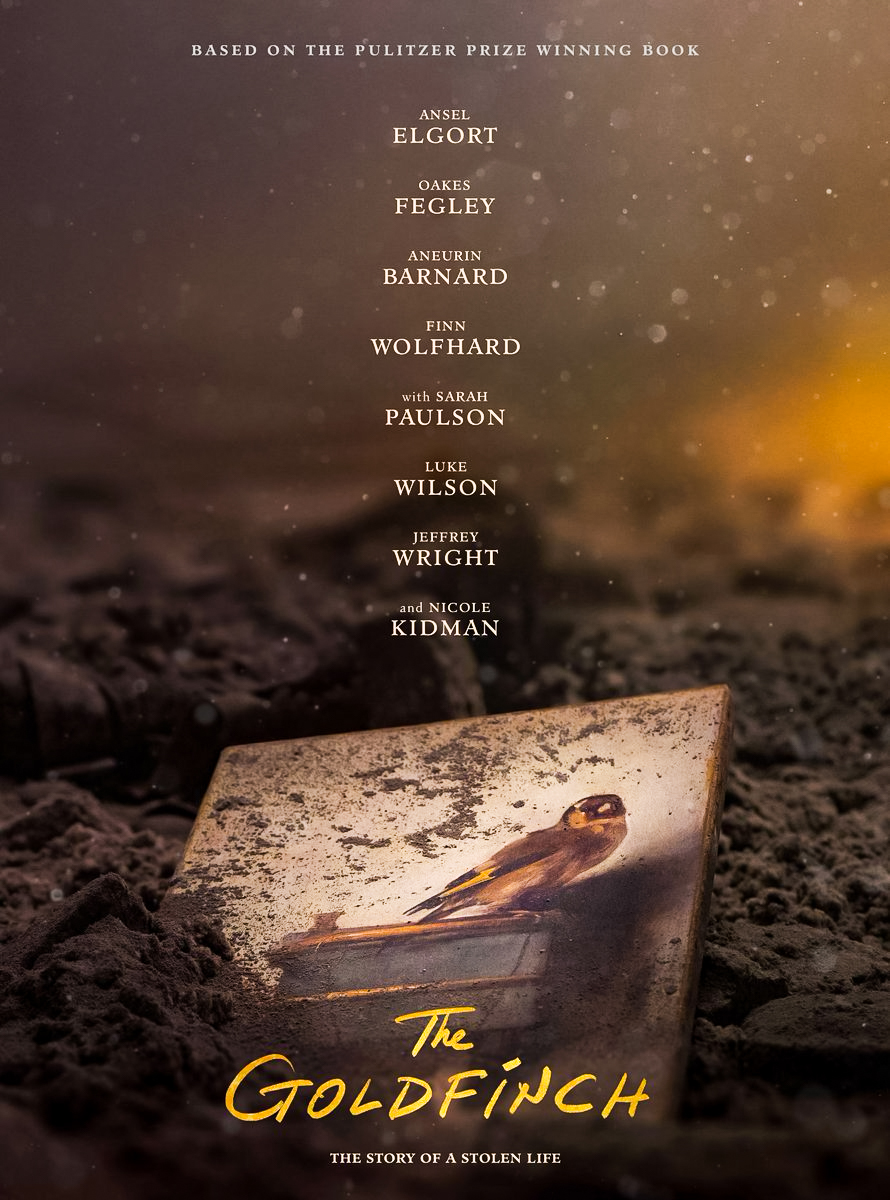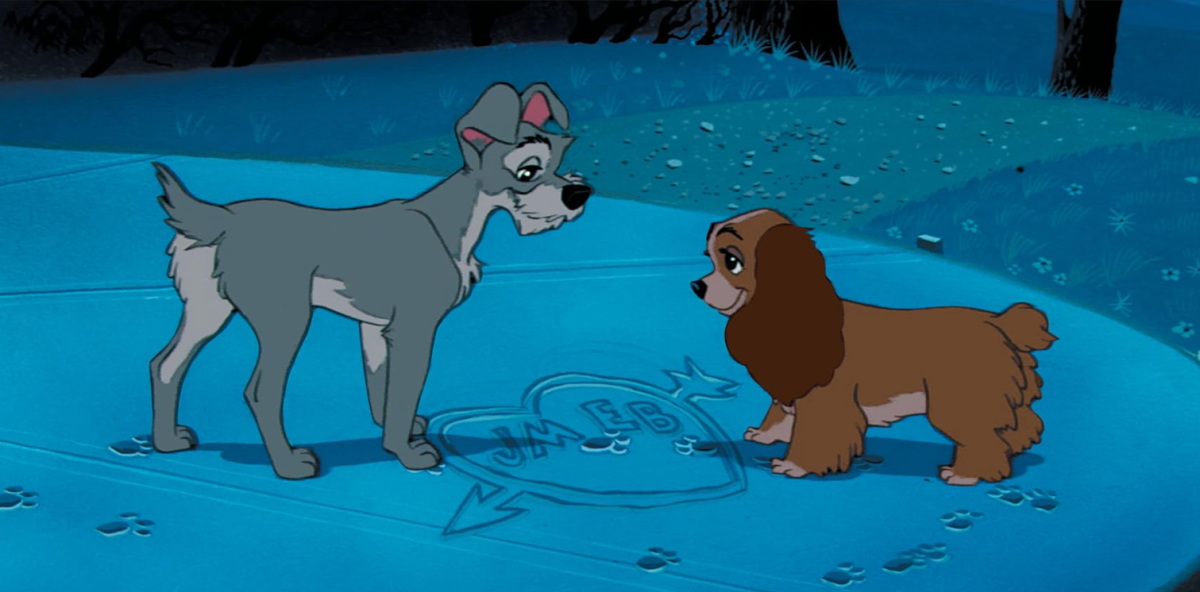“The Goldfinch” is a highly underrated if flawed film. Master cinematographer Roger Deakins brings glorious sparkling beauty into a film that teems with potential and emotion but ultimately falls a little short on delivery and compelling messages.
Director John Crowley’s adaptation of Donna Tartt’s novel of the same name is gorgeous — visually stunning in the best way. From reflections off character’s eyeglasses to soft orange candlelight, from the stark colors of the Nevada desert to the muted tones of a wealthy New York family apartment, the movie is filled to the brim with unbelievably pretty shots and scenes. The film is extremely easy to watch from a visual perspective.
In addition to aesthetic beauty, most of the characters are beautifully portrayed as well, especially Finn Wolfhard’s Boris and Jeffrey Wright’s Hobie. Many of the relationships between the main character, Theo, and the many other characters that contribute to his story are emotional and touching, even while Ansel Elgort’s adult version of Theo is lacking. The film does an excellent job of telling little slice-of-life stories one at a time. I found myself utterly enthralled with many of young Theo’s tales, aided in my immersion by the brilliance of Oakes Fegley’s performance as the young Theo. A lot of the emotional beauty of the film comes through as subtext, subdued and contained on-screen, yet carefully crafted to elicit strong emotions from audiences. Other critics have found the film to be lacking in passion and exciting character development. However, all they were looking for lies beneath the surface of the movie’s muted colors and calm dialogue. Except for the older version of Theo, whom I found lacking in character development and compelling motivation, the various characters of the film seemed vibrant, just hidden and tucked away. Accessible, but only in glimpses and by reading between the lines.
The film handles the plot similarly. Events are shown, flash-forwards and flashbacks occur, and little pieces of fragmented memories appear on the screen without warning. The film can be challenging to follow if you’re not paying close attention. However, if you are, then the plot isn’t too confusing. There are twists and slow revelations, and Crowley doesn’t hold your hand through any of them. Audiences are expected to figure out what’s going on without a lot of exposition or clarification. Rather than a weakness, that stands out as one of the film’s strengths. It’s refreshing to see a movie that treats its audience as adults rather than encumbering itself by talking viewers through the story every step of the way.
Unfortunately, not all that glitters in “The Goldfinch” is gold, and the film deteriorates in its final act. Where before there was emotion and subtext, the last portion of the movie feels forced and meaningless. The end of the film comes without message or emotion — without purpose. Where before the film had told stories of life and emotion, the end of the film has a sudden gunfight, a meaningless, blathering monologue about fate and even a false suicide tease intended for no other purpose than to deceive the audience and build unnecessary suspense. Largely, this stumbling end to an otherwise decently well-crafted film seems due to the movie’s uncertainty about the themes and messages of the book it attempts to adapt. The film does very well in portraying little vignettes of different aspects of Theo’s life. However, it fails when it tries to string those individual stories together into a larger narrative. The film ultimately fails as an adaptation because it doesn’t have a complete understanding of its source material and tries to bring a close to its narrative without providing audiences with the emotional information necessary to make the end compelling.
“The Goldfinch” is not a perfect film. It’s long, occasionally confusing and doesn’t understand its own story well enough to conclude it believably. However, while these criticisms are valid, the film is also full of life, emotion and beauty. It is genuinely touching at times and certainly doesn’t deserve the extremely low critic scores it’s been receiving. If you’re the kind of person who’s been missing subtlety in the age of the superhero blockbuster, go see “The Goldfinch.” It’s not a perfect film, but it is worth your time.
‘The Goldfinch’ is underrated despite its flaws
September 15, 2019
Photo by Creative Commons
The Goldfinch released into theaters Sept. 13 and is based on a Pulitzer Prize winning novel of the same name.
0
Donate to The Battalion
$1815
$5000
Contributed
Our Goal
Your donation will support the student journalists of Texas A&M University - College Station. Your contribution will allow us to purchase equipment and cover our annual website hosting costs, in addition to paying freelance staffers for their work, travel costs for coverage and more!
More to Discover
















